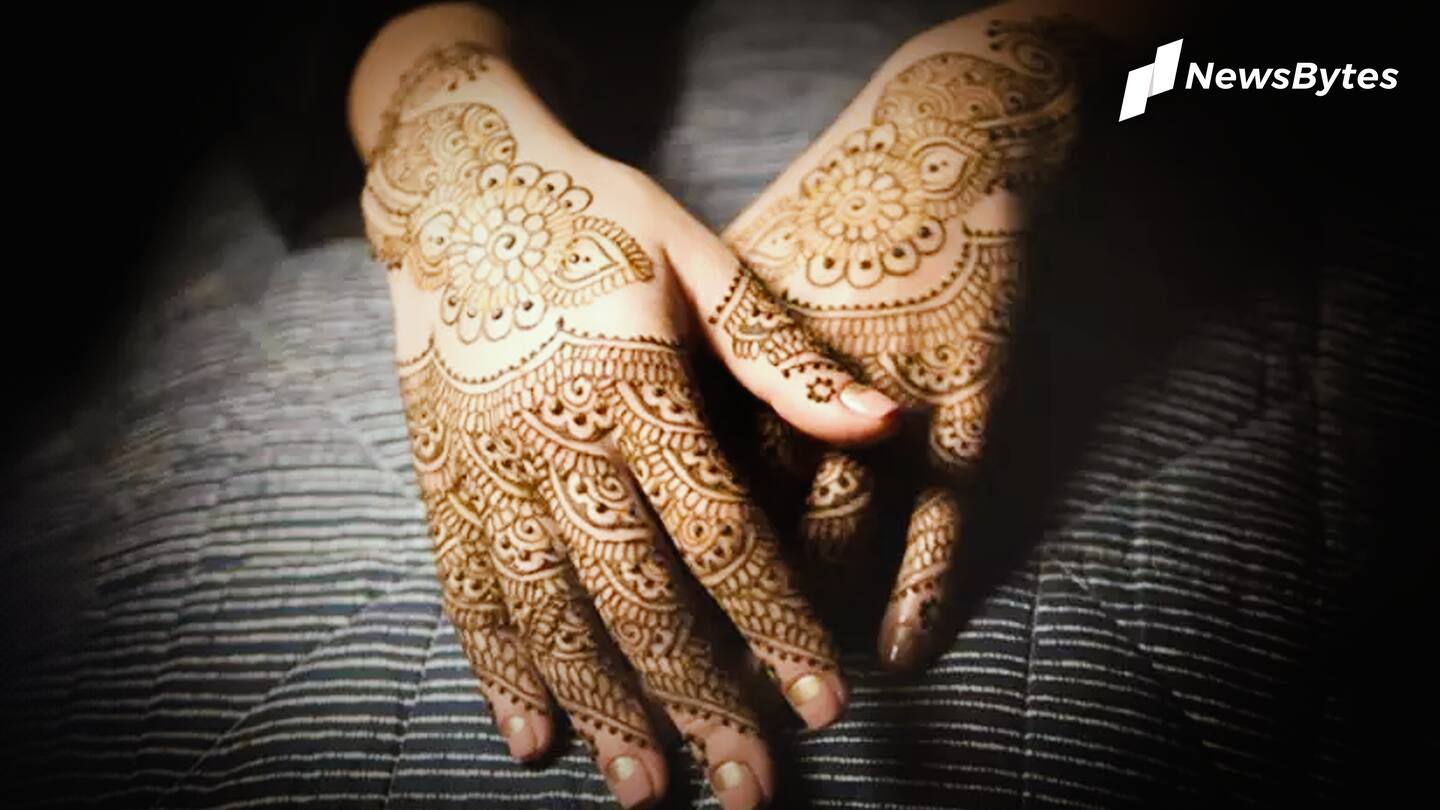
Supreme Court to examine new laws on interfaith marriage
What's the story
The Supreme Court on Wednesday agreed to examine controversial new laws of Uttar Pradesh and Uttarakhand regulating religious conversions due to inter-faith marriages.
Two pleas, filed by advocate Vishal Thakre and others, and the NGO Citizen for Justice and Peace, have challenged the constitutional validity of the Uttar Pradesh Prohibition of Unlawful Religious Conversion Ordinance, 2020 and the Uttarakhand Freedom of Religion Act, 2018.
Details
Bench refused to stay the controversial provisions of the laws
A bench headed by Chief Justice SA Bobde, however, refused to stay the controversial provisions of the laws and issued notices to both the state governments on the petitions.
At the outset, the top court asked the petitioners to approach the Allahabad High Court after Solicitor General Tushar Mehta said that it was already seized of the matter.
Details
'Some provisions of the laws are oppressive and horrible'
Senior advocate CU Singh, appearing for the NGO said that similar laws were being made elsewhere.
He sought a stay on the provisions of the law and said that people were being "lifted" by authorities in the middle of wedding ceremonies.
Singh added that some provisions of the laws are "oppressive and horrible" and requiring the government's consent before marrying is absolutely obnoxious.
Details
Response sought from both the state governments within four weeks
The bench said that it was issuing notice and sought a response from both the state governments within four weeks.
However, when Singh insisted on the stay of the provisions, CJI Bobde said it was being sought without the states being heard and therefore, it cannot be done.
Thakre and others were aggrieved by the ordinance which curtails the fundamental rights of the citizens.
Information
Uttarakhand Act entails a two-year jail term
The Uttarakhand Act entails a two-year jail term for those found guilty of religious conversion through force or allurement, which can be either in cash or in kind - employment, or material benefit.
Details
Thakre's petition wants laws to be declared null and void
Advocate Thakre's plea said the laws and punishments thereof be declared ultra vires and null and void because they disturb the basic structure of the Constitution as laid down by the law and argued that they are against public policy and society.
The plea also sought a direction to the two states not to give effect to impugned provisions/ordinance and withdraw the same.
Information
Uttar Pradesh Ordinance relates to all religious conversions
Separately, the Uttar Pradesh Ordinance was cleared by the state Cabinet in November, and ascent was given by Governor Anandiben Patel on November 28. It relates not only to inter-faith marriages but all religious conversions and lays down elaborate procedures for the same.
Details
What does the Citizens for Justice and Peace petition say?
Citizens for Justice and Peace said that the legislations violate Articles 21 and 25, by empowering the state to suppress an individual's personal liberty and the freedom to practice the religion of their choice.
The Mumbai-based NGO further said that the UP ordinance casts the burden of proof on the accused against the established criminal jurisprudence.
Details
'Mandates a series of complicated procedures'
The plea further said that the ordinance mandates a series of complicated procedures to be followed before and after conversion, taking the state into confidence to ensure that the act was an informed and voluntary decision by the individual.
Their plea also sought a direction to declare both the laws of the states as ultra vires of the Constitution.